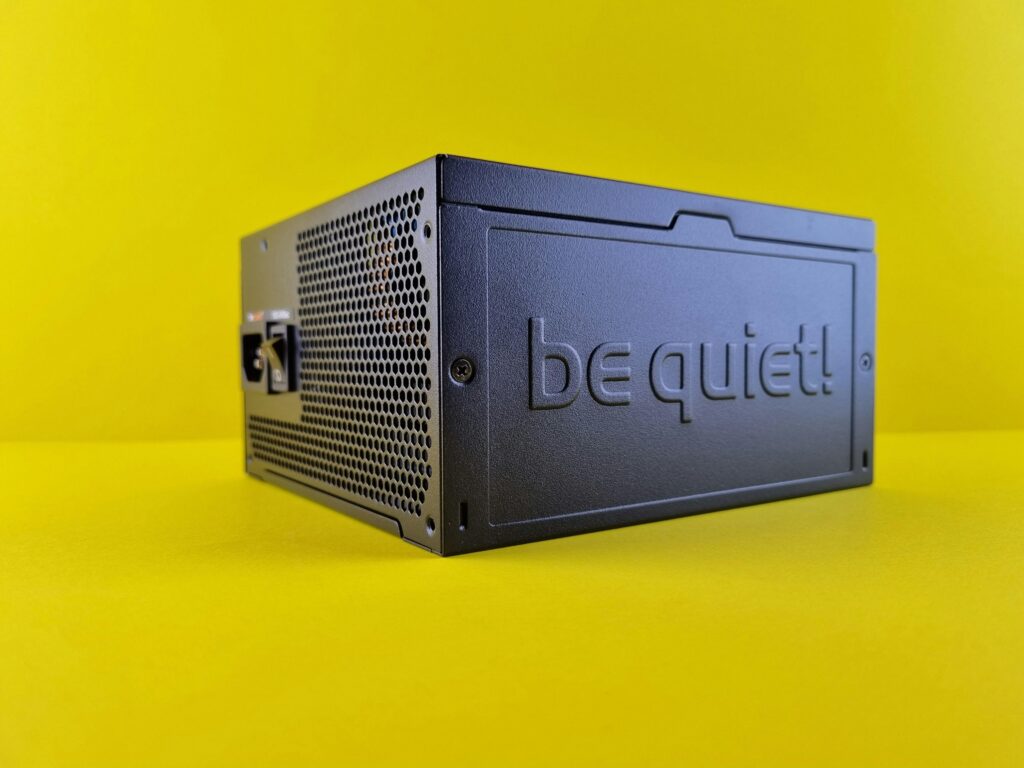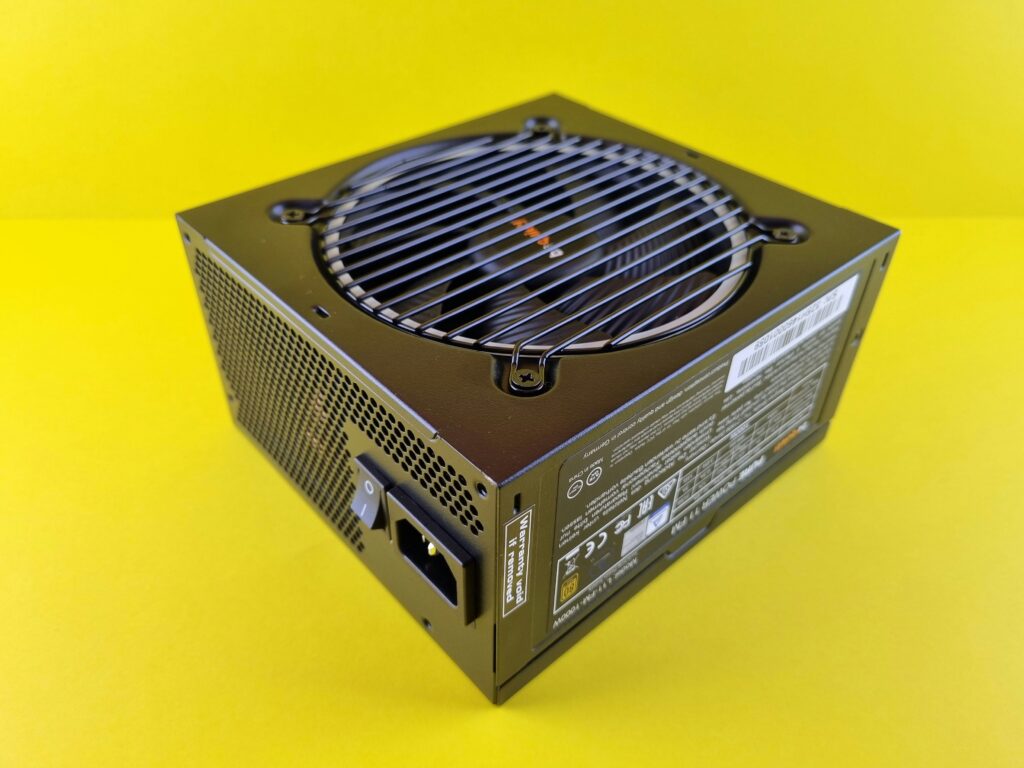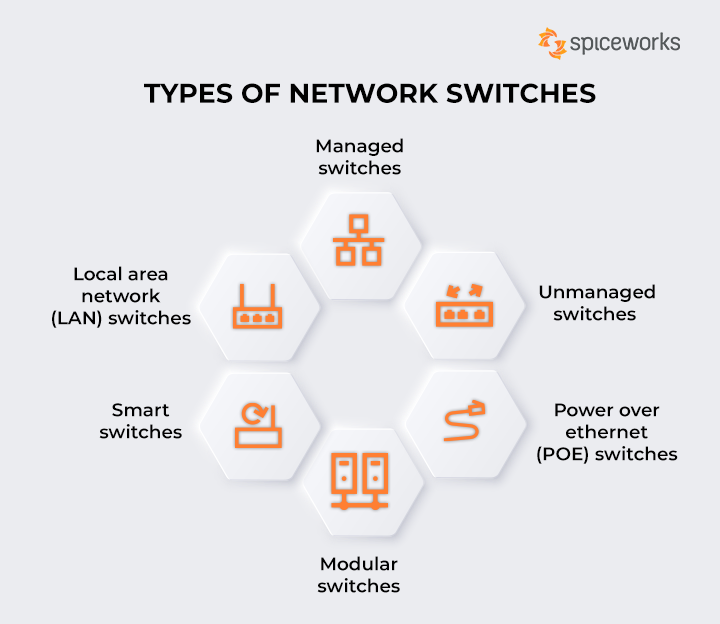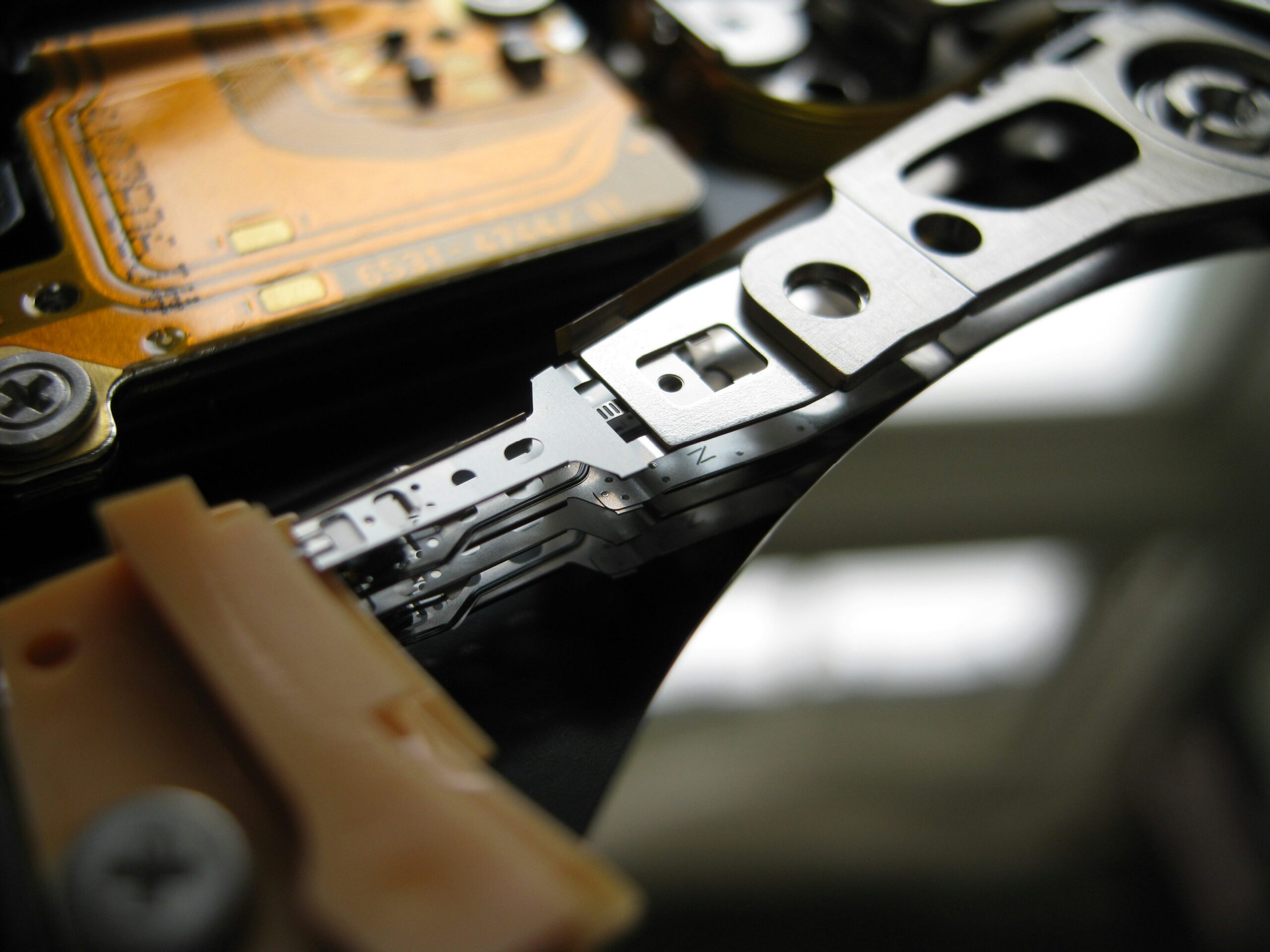When it comes to silent PCs, power supplies often fly under the radar, yet a noisy PSU can make or break the serene computing experience. Silence is golden, especially in professional environments where uninterrupted focus is crucial. Many often overlook how pivotal choosing the right PSU can be in achieving ultimate tranquillity for your workstation.
The evolution of power supplies has seen significant advancements dedicated to noise reduction. Modern high-quality PSUs now boast ultra-quiet or even fanless designs, catering to the demand for noise-free computing. Interestingly, a study noted that fanless PSUs can reduce noise levels by as much as 80%, making them an excellent choice for those seeking silent operation without compromising performance.
Selecting the quietest power supplies for a silent PC involves considering fanless models, high-efficiency units like those with 80 PLUS Gold or Platinum ratings, and high-quality internal components. Prioritise features like passive cooling, modular cables for better airflow, and premium capacitors to ensure minimal noise and optimal performance.

The Crucial Role of Power Supplies in Silent PC Building
Building a silent PC requires attention to several components, especially the power supply unit (PSU). The PSU is often overlooked, yet it’s a critical piece in minimising noise. Choosing a quiet PSU can significantly reduce the overall sound levels of your machine.
A noisy PSU can disrupt a quiet workspace, making it hard to focus. Thus, selecting a model that operates silently is essential. Besides, quiet PSUs contribute to a more enjoyable computing experience.
There are several key features to look for in a silent power supply. Fanless designs are among the most effective, eliminating the need for noisy fans. Additionally, passive cooling options help maintain low noise levels.
The materials and build quality of a PSU also play a role in its noise output. High-quality components tend to create less noise. Investing in a good PSU is worth it for long-term use.
Analysing the Noise Factor in Power Supplies
Understanding the noise factor in power supplies involves looking at fan noise. Fans are the main contributors to PSU noise. Silent fans or fewer fans can drastically cut down on noise.
Another factor is the efficiency of the PSU. Higher efficiency models usually generate less heat, reducing the need for excessive cooling. Less cooling means quieter operation.
Finally, the size and speed of the fans matter. Larger fans rotate more slowly and make less noise. Choosing a PSU with larger, slower fans can help achieve a silent build.
Key Features of a Quiet Power Supply
Several features distinguish quiet power supplies from noisy ones. Look for fanless designs, which eliminate the primary noise source. Passive cooling systems also contribute to silent operation.
Build quality is essential for minimising noise. High-quality capacitors and components produce less noise over time. Ensure your PSU uses premium parts.
Lastly, modular cables can help with airflow. Better airflow means less need for fan operation. Modular designs can contribute to a quieter system.
Analysing the Noise Factor in Power Supplies
Power supply noise is often underestimated, yet it can greatly impact your PC’s overall sound level. Different components contribute to this noise. Understanding these factors helps in making informed choices.
Fans are usually the major source of noise in a PSU. The speed and size of these fans determine how much noise they produce. Larger fans running at slower speeds tend to be quieter.
Efficiency ratings also play a role. A higher efficiency PSU will generate less heat, requiring less cooling and, consequently, less noise. Choosing a high-efficiency model can make a big difference.
Additionally, the layout and quality of internal components matter. Well-designed units with quality parts produce less noise. Investing in a high-quality PSU ensures smoother, quieter operation.
Fan Noise and Its Reduction
Fan noise is a common issue in power supplies. Most traditional PSUs use fans to dissipate heat. However, fans can be a significant source of noise.
Opting for a fanless PSU can eliminate fan noise entirely. These models use passive cooling to stay silent. For extremely quiet builds, fanless is the way to go.
Another solution is to choose a PSU with a larger, quieter fan. Larger fans rotate more slowly, which significantly reduces noise. This simple change can create a much quieter computing environment.
Impacts of Efficiency on Noise Levels
The efficiency of a power supply can impact the noise it generates. Higher efficiency units convert more power and produce less heat. This reduces the cooling needed, resulting in quieter operation.
Efficiency is measured by an 80 PLUS rating system. Units with higher ratings, like Gold or Platinum, are more efficient. Choosing such units can make a noticeable difference.
Less heat means less need for fan speed and activity. This directly translates to a quieter PSU. Thus, focusing on efficiency is a practical approach to minimising noise.
Quality and Build of Internal Components
The internal components of a PSU greatly influence its noise levels. High-quality capacitors and coils tend to produce less noise. Opting for a PSU with premium parts ensures quieter performance.
A well-designed layout inside the PSU also helps in noise reduction. Good design minimises electrical interference and vibration. This results in a much quieter power supply.
Investing in a high-quality PSU is beneficial for noise reduction and longevity. High-quality units tend to last longer and perform more reliably. It’s worth spending a bit more for these advantages.
Key Features of a Quiet Power Supply
When choosing a quiet power supply, fanless designs stand out as the pinnacle of silent operation. These PSUs use passive cooling, eliminating fan noise completely. This makes them ideal for ultra-silent builds.
Another crucial feature is the use of high-efficiency components. Higher efficiency means less heat, which translates to quieter operation. Look for PSUs with 80 PLUS certifications like Gold or Platinum.
The build quality of the power supply also affects noise levels. A PSU with premium capacitors and robust construction will produce less noise over time. Quality materials make a noticeable difference.
Lastly, modular cabling can improve airflow within the case. Better airflow reduces the need for higher fan speeds, even in non-fanless models. Modular designs can help keep things quieter.
Latest Advancements in Quiet Power Supply Technology
Recent developments in power supply technology emphasise reducing noise while maintaining efficiency. One of the most notable advancements is the introduction of fanless PSUs. These units use advanced passive cooling systems to eliminate fan noise entirely.
Another breakthrough is in the realm of semi-passive cooling. These PSUs have fans that only activate under high loads. This means they remain completely silent during low to moderate use.
High-efficiency certifications like 80 PLUS Titanium have become more prevalent. These PSUs produce less heat, necessitating less cooling. Less cooling equates to reduced noise levels.
Additionally, new materials and designs have improved internal component noise. Premium capacitors and better layouts reduce electrical interference. This results in quieter operation overall.
Modular designs have also seen enhancements. Improved airflow from better cable management helps keep temperatures down. Lower temperatures mean quieter fan operation, even in units that aren’t fanless.
Lastly, some PSUs feature advanced noise-dampening materials. These materials absorb vibrations and reduce the sound that components make. Such innovations ensure a quieter working environment.
Understanding Fanless Power Supplies
Fanless power supplies have become a significant milestone in achieving silent PC builds. These PSUs eliminate moving parts, which are the primary noise sources. Instead, they rely on passive cooling methods to dissipate heat.
Without fans, these power supplies need efficient designs to manage heat. They often use large heatsinks, which absorb and spread out the heat. This prevents the PSU from overheating while keeping it quiet.
Not only are fanless PSUs silent, but they are also highly efficient. Most fanless models come with high 80 PLUS efficiency ratings, such as Gold or Platinum. This efficiency means they generate less heat, making them easier to cool passively.
One might wonder about reliability. Fanless power supplies are designed with durability in mind. Without mechanical parts like fans, there’s less wear and tear, resulting in a longer life span.
The benefits are clear, but fanless PSUs come with a few trade-offs. They are generally more expensive compared to traditional PSUs. However, the investment pays off in a quieter and more serene computing environment.
Finally, fanless PSUs are best suited for systems with lower power demands. They are perfect for home theaters, offices, or any setup where silence is golden. Consider your system’s power needs carefully when choosing a fanless PSU.

Making an Informed Decision for Your Silent PC
Choosing the right components for a silent PC is crucial. The power supply unit (PSU) plays a significant role in minimising noise. Research and compare different models to find the quietest option.
Evaluate the power needs of your system. Ensure that the PSU you choose can handle your system’s load. Overloading a PSU can lead to noise and failure.
Consider the efficiency of the PSU. Higher efficiency units produce less heat and require less cooling. This translates to quieter operation.
Don’t forget to read reviews and user feedback. Real-world experiences can provide insights that specs alone cannot. User reviews often highlight noise levels and other performance aspects.
Pay attention to the quality of the components. High-quality parts tend to produce less noise and last longer. Investing in a superior PSU ensures durability and quiet operation.
Finally, take into account any additional features. Some PSUs offer modular cabling, which improves airflow and reduces clutter. Better airflow often means less need for noisy cooling solutions.
Frequently Asked Questions
Building a silent PC involves many considerations to ensure minimal noise and maximum efficiency. Here are some common questions to help guide you in choosing the best components.
1. What are the benefits of using a fanless power supply?
A fanless power supply eliminates fan noise, making it ideal for silent builds. These units use passive cooling methods, which means there are no moving parts to generate noise. As a result, they offer a tranquil computing experience.
Moreover, fanless power supplies tend to be more reliable as they have fewer mechanical parts that can wear out over time. This also contributes to their longer lifespan compared to traditional PSUs with fans. They are perfect for environments where silence is crucial.
2. How does PSU efficiency affect noise levels?
The efficiency of a PSU determines how much electrical energy is converted into usable power versus heat. Higher efficiency units, such as those with 80 PLUS Gold or Platinum ratings, produce less heat and thus require less cooling, resulting in lower noise levels.
Less heat generation means that the PSU’s fans don’t need to work as hard or as often, if at all in semi-passive or fanless models. This considerably reduces the overall operational noise of your PC, leading to a quieter computing environment.
3. Are modular PSUs better for silent PC builds?
Modular PSUs allow users to attach only the cables needed for their specific build, reducing clutter inside the case. Improved cable management enhances airflow within the case, which can lead to lower operating temperatures and reduced need for active cooling solutions like fans.
This reduction in clutter and improved airflow minimises hotspots within your system that could trigger additional cooling operations, keeping things quieter overall. Therefore, modular designs are highly beneficial for maintaining silence in PC builds.
4. Can high-quality internal components reduce PSU noise?
Yes, high-quality internal components such as capacitors and coils generally operate more quietly than cheaper alternatives. Premium components generate less electrical interference and vibration, contributing significantly to quieter performance.
A well-built PSU with higher-grade materials will not only be quieter but also more durable and reliable over time. Investing in a quality PSU ensures long-term quiet operation and overall improved system stability.
5. What should I look for when buying a quiet power supply?
When purchasing a quiet power supply, consider features like passive or semi-passive cooling designs, high-efficiency certifications (80 PLUS Gold or higher), and premium internal components like quality capacitors and coils.
You should also look for modular cabling options which improve airflow by reducing clutter inside your case. Additionally, reading user reviews can provide real-world insights into the typical noise levels of specific models before making your final decision.
Final Thoughts
Choosing the right power supply is crucial for building a truly silent PC. By prioritising fanless or high-efficiency models, you significantly reduce noise. Moreover, investing in high-quality components ensures long-term reliability and quiet operation.
Consider factors like efficiency ratings, modular cabling, and user reviews to make an informed decision. A well-chosen PSU will provide a tranquil computing environment, enhancing your overall experience. Ultimately, taking the time to select the right PSU pays off in a quieter, more efficient system.




Leave a Reply
You must be logged in to post a comment.